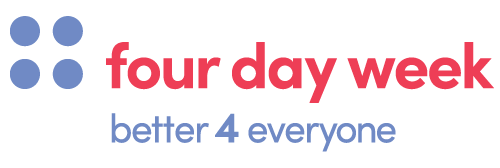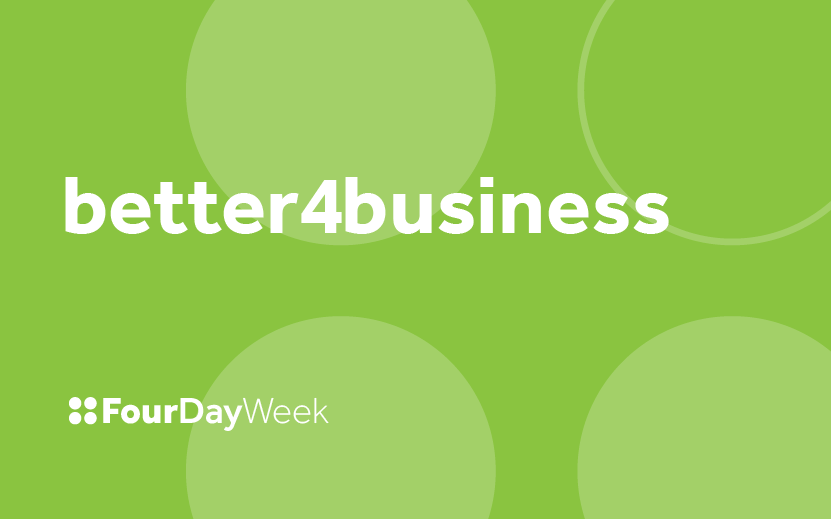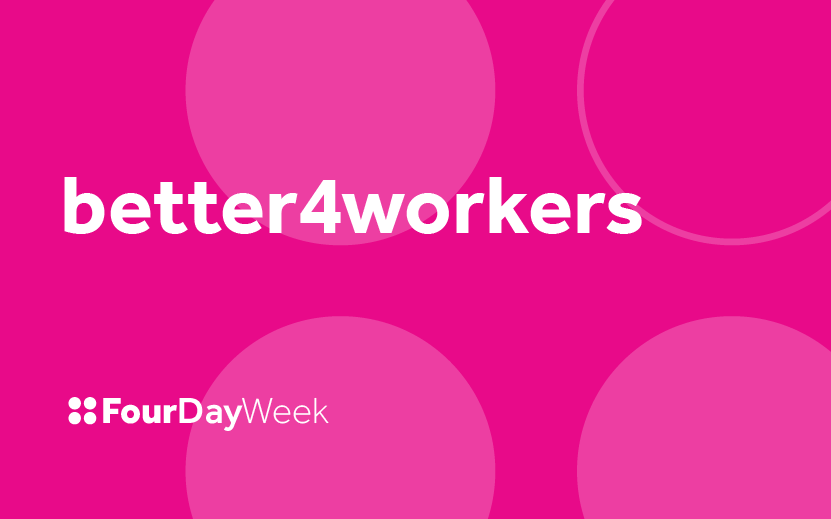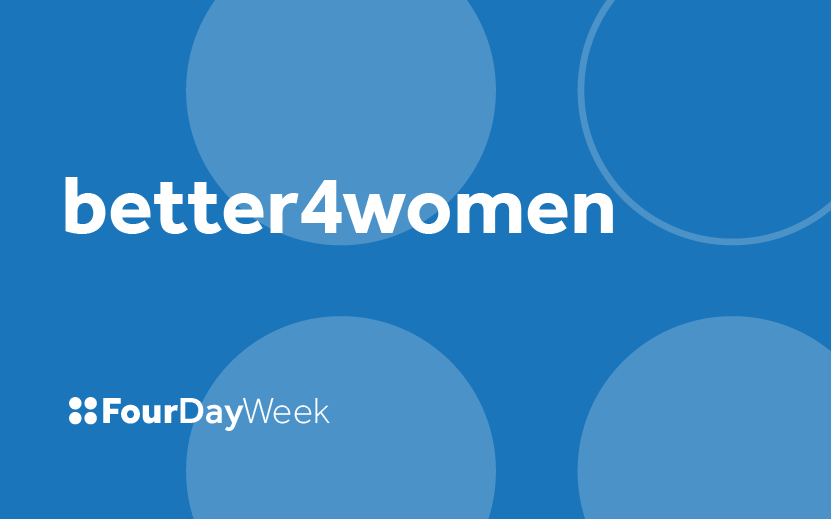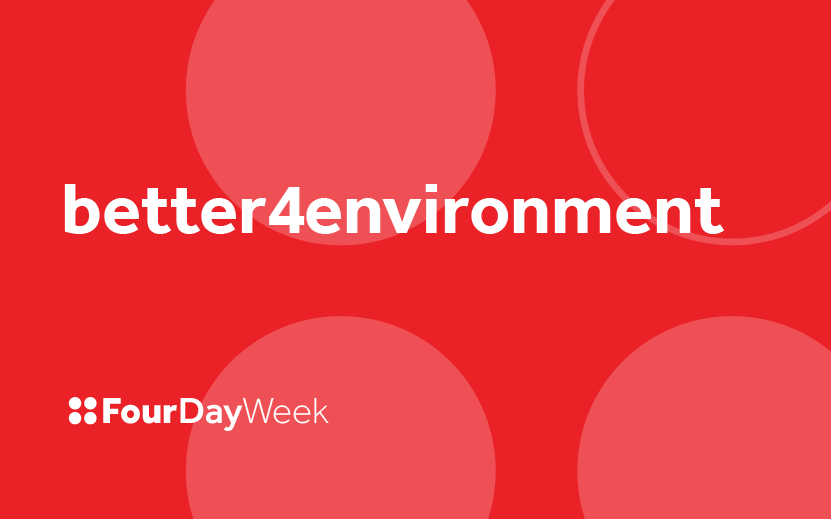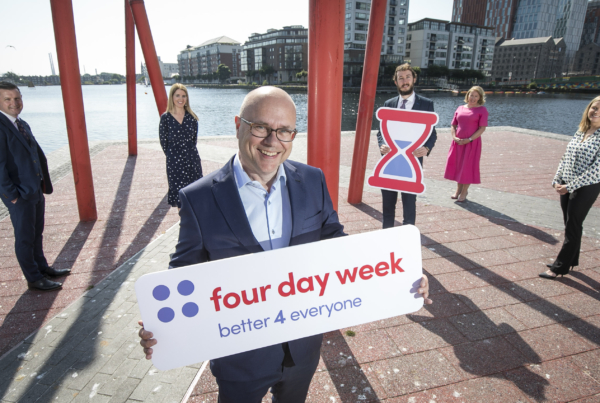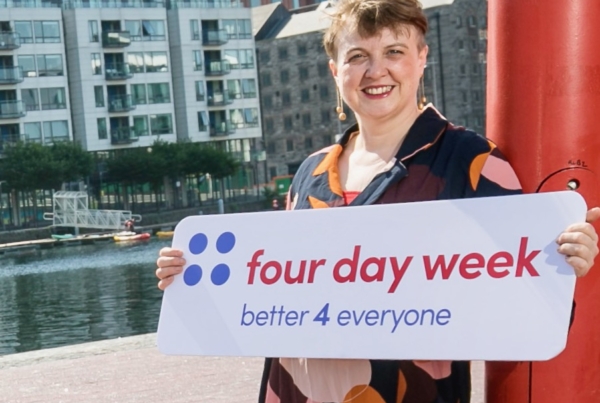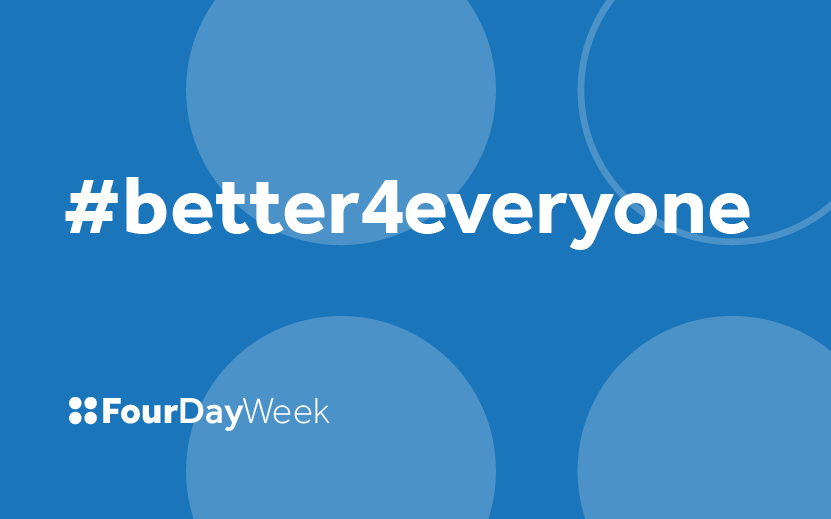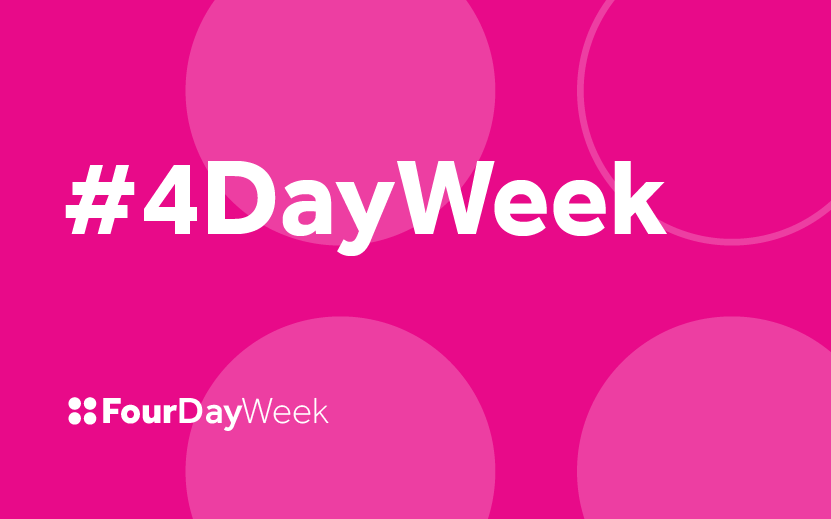We want to start a public conversation in Ireland on the case for reduced working hours. We want to change the false narrative that working long hours is good for productivity and a badge of honour, challenge the worst excesses of the ‘work-first, always-on’ culture, and champion the importance of family time, leisure time, caring work and community work.
Our medium term objective is to move towards the four day week being the standard work arrangement across the economy, with no loss of pay.
